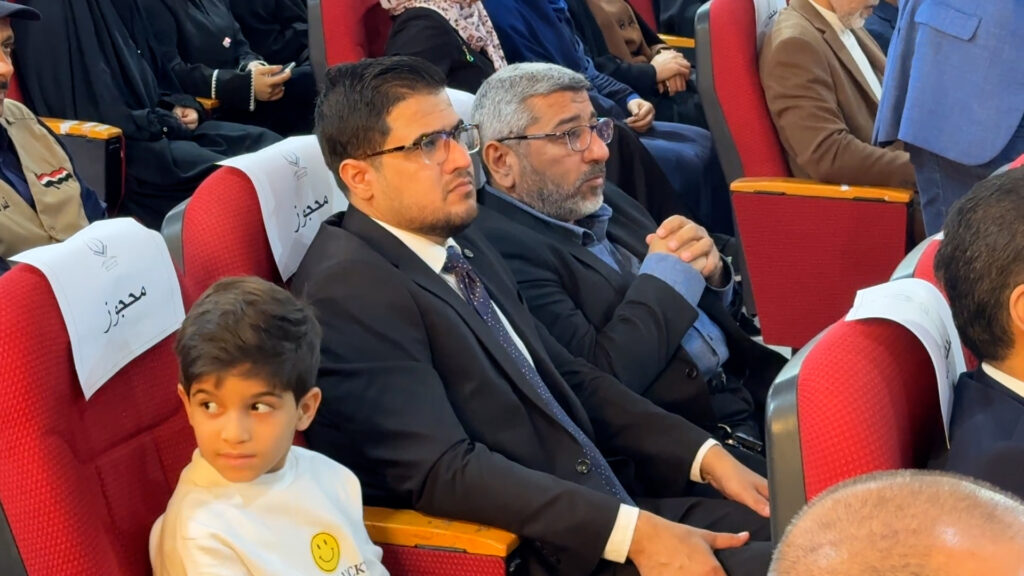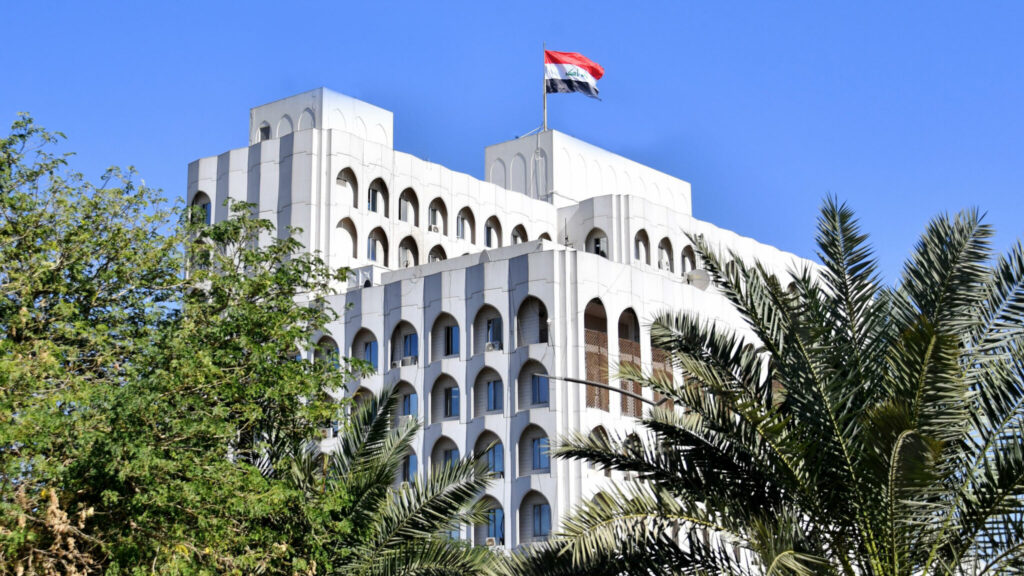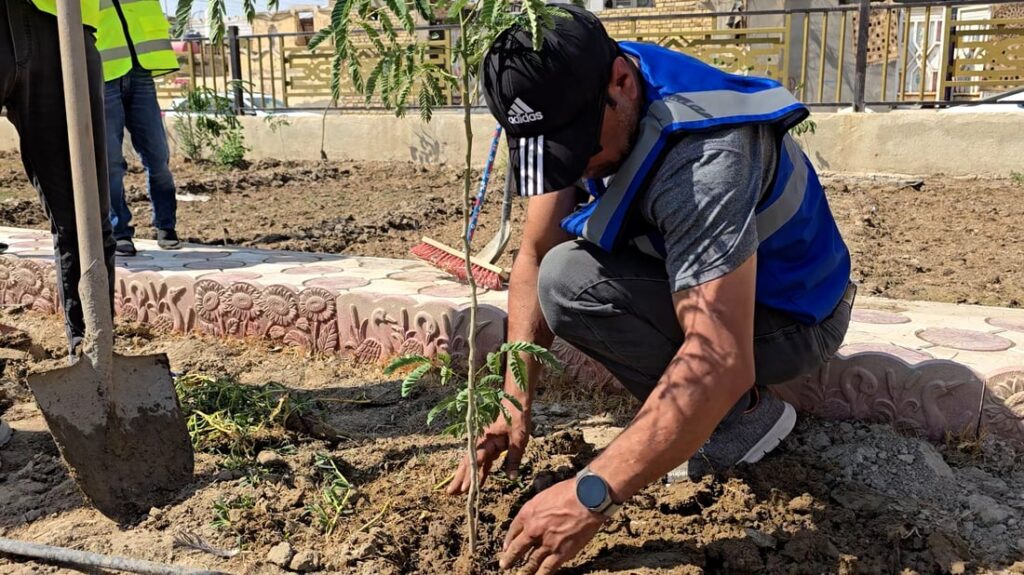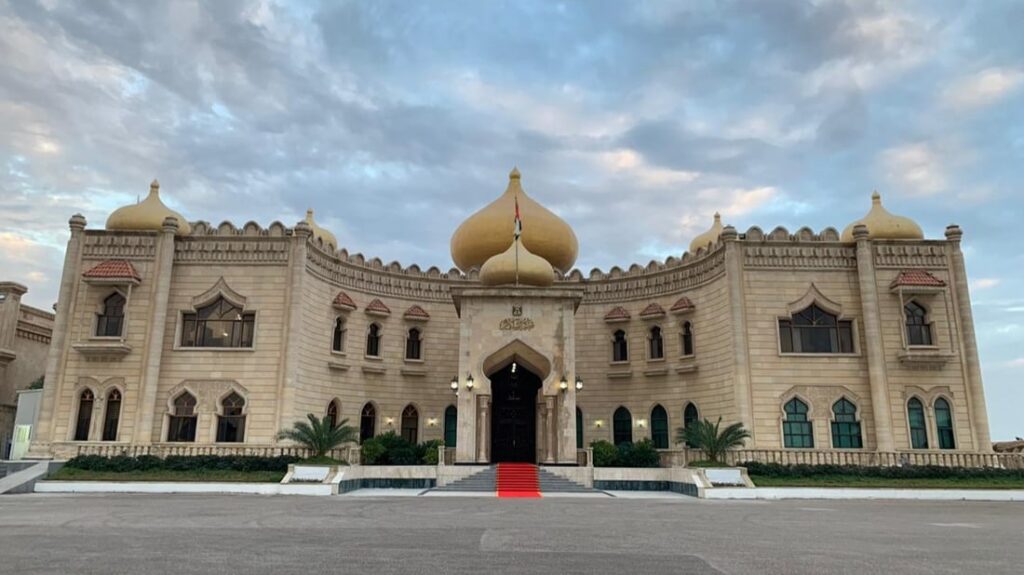Bulgaria: UNICEF Gender-based Violence Programme: Bulgaria – Refugee and Migrant Response (November 2019)
Situation Analysis
Bulgaria has experienced a growing influx of refugees and migrants since 2013, who see it primarily as a transit country. However, as a result of changing European Union (EU) migration and asylum policies, refugees and migrants are increasingly staying in the country. As of the end of September 2019, the number of newly arrived applicants for international protection in Bulgaria had reached 1,742 (a 23 per cent increase compared to the same period in 2018).
Over a third of them were children (628), of whom the vast majority – 75 per cent – were unaccompanied or separated. They came mainly from Afghanistan, Iraq, Pakistan and Syria,1 to seek safety, protection and better opportunities.
Despite the efforts of the Bulgarian authorities to improve reception and protection conditions, challenges remain, particularly in terms of access to social services for refugees and migrants at risk or survivors of gender-based violence (GBV). In 2018, a UNICEF mapping of GBV services in Bulgaria found that the national capacity to prevent and respond to GBV was not fully equipped to meet the linguistic and cultural needs of a diverse refugee and migrant population. As a result, GBV survivors still experience significant individual and system barriers to access services (where these services are available).
Strategy
UNICEF invests continuously in the integration of GBV prevention and response activities within Bulgaria’s broader child protection system. Aiming to ensure protection and empowerment for women and girls on the move, UNICEF supports governmental and non-governmental bodies in the delivery of a minimum set of GBV prevention and response services.
UNICEF’s approach emphasizes the importance of strengthening national systems, from initial response through recovery efforts, to promote national ownership, capacity and long-term changes.
UNICEF’s response in Bulgaria has addressed some of the gaps and challenges to improve access to social services for GBV survivors, including through mappings, capacity-building for practitioners, as well as awareness raising campaigns on GBV. Direct support to refugees and migrants, survivors of GBV or at risk, has been provided by UNICEF’s partners.





